Blog Posts Tagged Heat Transfer Module

Why Doesn’t the Ice Cream in a Baked Alaska Melt?
The ice cream in a baked Alaska stays frozen, even when placed in a hot oven. How is this possible? We investigate this mysterious dessert with heat transfer simulation.
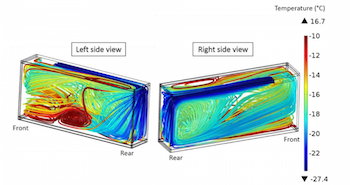
Using Simulation to Ensure the Cooling Efficiency of Refrigerated Trucks
To transport food, vaccines, and other perishables, refrigerated trucks are designed to maintain a cold temperature. Using simulation, researchers analyzed the cooling efficiency of such trucks.

Studying Bioreactor Landfills to Solve a Growing Trash Problem
How are researchers using heat transfer and chemical reaction simulations to help solve the world’s growing trash problem? Get the details here.
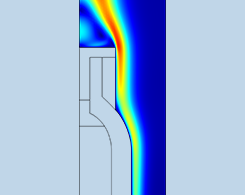
Compressibility Options and Buoyancy Forces for Flow Simulations
Here, we cover the various formulations for fluid flow equations in COMSOL Multiphysics® and when it’s best to use each option.
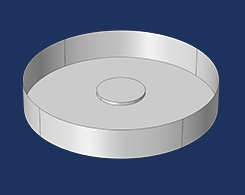
Design an App to Efficiently Model the Flash Method Procedure
The flash method is widely used to measure the thermal conductivity of materials. The Flash Method demo app can be used to perform a numerical simulation of the flash method procedure.
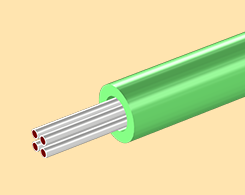
Using Apps to Optimize Induction Heating for Food Processing
Numerical modeling apps can be used to accelerate the optimization of induction heating processes for food processing applications.
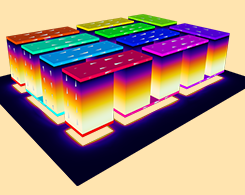
Analyzing the Design of a Thermoelectric Device for Cryotherapy
Researchers at the University of Birmingham in the U.K. turned to simulation to investigate the potential of using a thermoelectric cooler, or Peltier device, to cool a cryogenic probe.
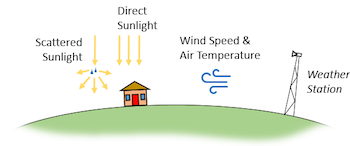
Thermal Modeling of the Air Flow Inside and Around Your House
Learn step by step how to set up a thermal model of the airflow in and around a house, including how to implement tabulated meteorological data from the historical ASHRAE database.
